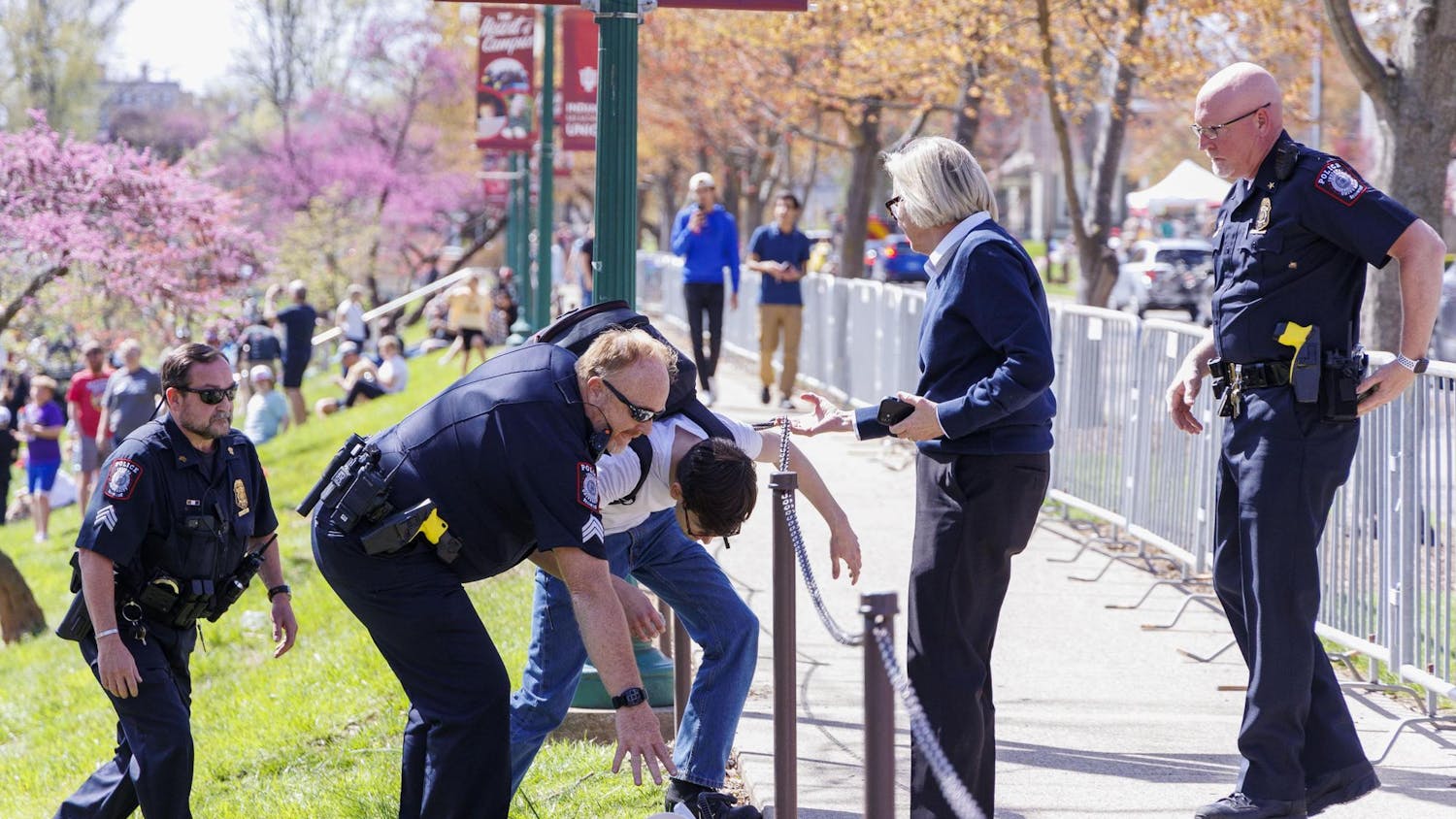WASHINGTON -- Moving swiftly, Senate Majority Leader Tom Daschle pledged Thursday to seek passage of sweeping legislation to rewrite campaign spending rules "the minute we receive it" from the House. He said any filibuster was doomed. \n"This is the year we're finally going to pass campaign finance reform," Daschle, D-S.D., said at a combination news conference and celebration arranged by jubilant supporters of the measure less than eight hours after the House approved it. \nWhite House spokesman Ari Fleischer did not respond directly when asked whether President Bush would sign the bill designed to reduce the influence of money in political campaigns.\n"The president will wait to be declarative until he sees what the final bill is," Fleischer said, although supporters and opponents alike have predicted for days that Bush's approval was assured. \nThe developments unfolded as the Senate's principal opponent of the measure, Sen. Mitch McConnell, R-Ky., said he wanted to study the House-passed bill before deciding on a strategy. Either way, he seemed resigned to passage, telling reporters he would be the lead plaintiff in a lawsuit to be filed if the bill became law. \nAt one point, Daschle and McConnell participated in a few moments of scripted Senate theater during the day. The majority leaders sought formal permission to begin work on the bill as soon as the papers arrived in the chamber. McConnell, noting the legislation had cleared the House after 2 a.m. Thursday, objected. \nAn earlier version of the campaign finance bill, backed by Sens. John McCain, R-Ariz., and Russell Feingold, D-Wis., passed the Senate last year on a vote of 59-41. One lawmaker who voted in opposition then, Sen. Ernest Hollings, D-S.C., issued a statement indicating he would support it when it came to the floor. At the same time, Sen. Ted Stevens, R-Alaska, disclosed he was withdrawing his support -- meaning it was not clear whether supporters had 60 votes to overcome a filibuster. \n"If I were a Republican up for re-election in the Senate, I'd ask myself, 'Do you want to be part of a continuing filibuster?'" McCain said. \nSupporters say the legislation would help clean up the nation's political campaigns by banning soft money, the unlimited donations that unions, corporations and individuals make to political parties. The bill also would curtail late-campaign "attack ads" that have proliferated in recent years, by prohibiting the use of soft money to pay for them to be broadcast. \nRepublican critics argue the bill is unconstitutional as well as biased in favor of Democrats. \nJohn Feehery, a spokesman for Speaker Dennis Hastert, R-Ill., said the formal paperwork probably would go out from the House in a few days, probably after the start of a week-long congressional recess beginning Friday. \nUnder the Senate's rules, opponents have at least two opportunities to derail the bill by forcing supporters to come up with 60 votes, and final passage could consume roughly a week. \nDaschle's announcement of his intention to move as quickly as possible came on the heels of a 240-189 vote in the House at 2:30 a.m.. \nThe final roll call came at the end of a 16-hour marathon session in which a bipartisan coalition bent, but never broke, in the face of a series of politically appealing amendments by the GOP leadership. \nThe closest call for the bill's supporters came on a proposal to lift all advertising restrictions on commercials relating to the Second Amendment right to bear arms. Supported by the powerful National Rifle Association, the amendment failed narrowly, 219-209 following aggressive lobbying by House Democratic leader Dick Gephardt, D-Mo., as well as Republican supporters of the measure. \nMcCain, too, spent hours on the House side of the Capitol, monitoring developments and talking with Republican lawmakers from an office one floor beneath the House chamber. \nIronically, he worked from a room just across the hall from a leading House opponent of the bill, Texas Rep. Tom DeLay, the GOP whip. \nThe thrust of the legislation is to dramatically reduce the amount of money coursing through political campaigns. \nThe two political parties and their various campaign committees raised more than $500 million combined in soft money in the two years that ended in 2000 and have continued to raise money in large amounts in the months since. \nWhile banning soft money to the national committees, the legislation would permit such donations to state and local parties, so long as the funds were not used in connection with federal campaigns. \nCritics of the bill say that a soft-money ban to the national parties is futile and that outside interests would find another avenue for exerting their influence on campaigns.
Senate readies for campaign finance bill
Campaign finance filibuster 'doomed' according to Daschle
Get stories like this in your inbox
Subscribe



